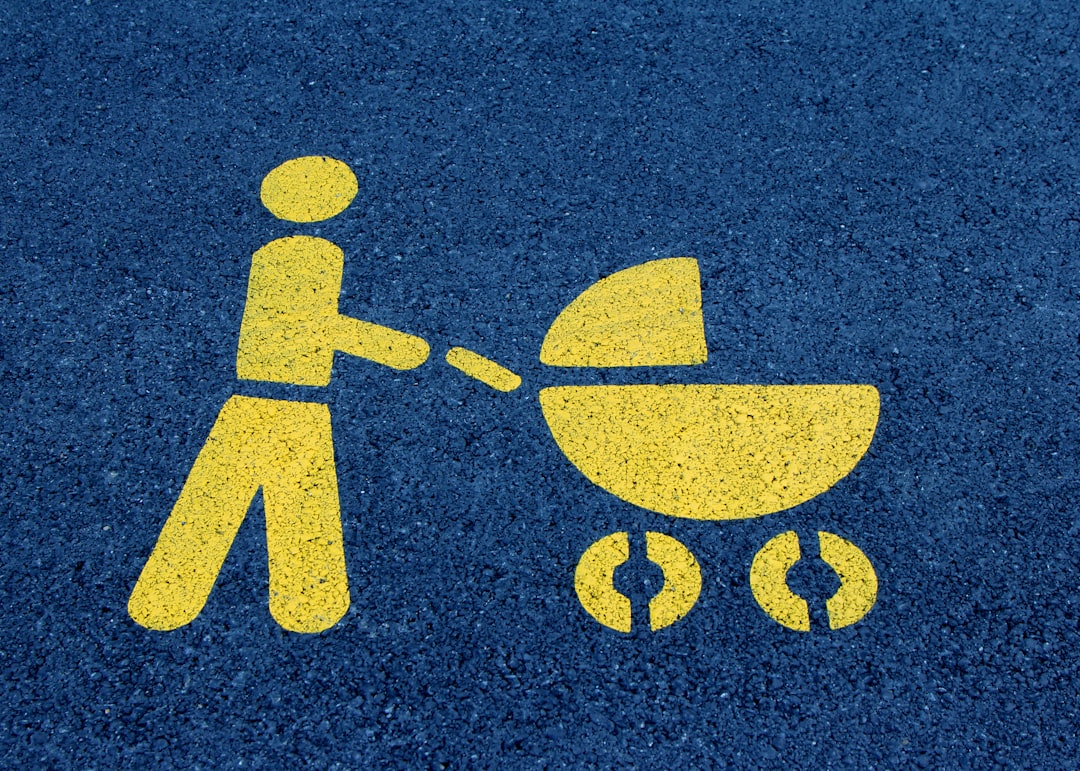No products in the cart.
AI’s Role in the Future of Childcare Careers
As AI technologies emerge in childcare, questions arise about their impact on careers in early childhood education. Explore the implications.
San Francisco, USA — The advent of artificial intelligence (AI) is reshaping many industries, and childcare is no exception. With AI-powered monitoring tools increasingly being integrated into early childhood education, the question arises: can machines ever truly replace human caregivers? This inquiry is not merely theoretical; it resonates deeply within the childcare industry, where human connection and emotional intelligence are paramount.
The rise of AI in childcare can be traced back to advancements in machine learning and data analytics. Companies like Care.com have begun exploring AI applications to assist parents in monitoring their children remotely. These tools promise enhanced safety and more efficient caregiving through real-time alerts and analytics. For instance, AI can analyze behavioral patterns, alerting caregivers to potential issues before they escalate. This technology is appealing, especially for working parents seeking reassurance about their children’s well-being.

However, the increasing reliance on AI in childcare raises significant concerns about the future of human roles in the sector. Critics argue that while AI can supplement caregiving, it cannot replicate the nuanced emotional support that human caregivers provide. According to a 2022 study by the National Association for the Education of Young Children (NAEYC), children thrive on social interactions that foster emotional development—something that AI, no matter how advanced, struggles to deliver.
Experts emphasize that the integration of AI into childcare must be approached with caution. Dr. Julie Weatherly, a child development specialist, warns that the use of AI monitoring tools could lead to a depersonalization of care. “Children need to feel secure and loved, and that comes from human interaction,” she states. “No machine can replace the warmth of a human caregiver.”
According to a 2022 study by the National Association for the Education of Young Children (NAEYC), children thrive on social interactions that foster emotional development—something that AI, no matter how advanced, struggles to deliver.
Moreover, the implications for childcare professionals are profound. As AI tools become more commonplace, there is a real concern about job displacement. A report by the World Economic Forum predicts that up to 85 million jobs may be displaced by AI by 2025, including those in sectors like education and childcare. This raises critical questions: How will these professionals adapt? What new skills will they need to remain relevant in an AI-enhanced environment?
In response, industry leaders are advocating for a hybrid model where AI supports, rather than replaces, human caregivers. This model envisions a future where AI handles administrative tasks—such as scheduling and communication—allowing caregivers to focus more on direct interactions with children. For example, AI can assist in tracking developmental milestones, leaving teachers and caregivers more time to engage with children and foster their growth.
Training and upskilling are also vital components of this transition. Organizations are increasingly recognizing the need for ongoing professional development in technology integration. For instance, the Early Childhood Education Consortium is developing training programs that equip educators with the skills to use AI tools effectively while maintaining the human touch essential for childcare.
Furthermore, ethical considerations surrounding AI implementation are paramount. The data collected by AI monitoring tools must be handled with care to protect children’s privacy. Regulations must be established to ensure that data usage complies with existing laws, such as the Children’s Online Privacy Protection Act (COPPA) in the United States. As AI technologies evolve, so too must the frameworks governing their use in sensitive environments like childcare.
Looking ahead, the future of childcare will likely be characterized by a collaboration between AI and human caregivers. The challenge will be to strike a balance between leveraging technology for enhanced safety and maintaining the human connection that is critical for child development. As the industry evolves, stakeholders must remain proactive in addressing the implications of AI while championing the irreplaceable value of human interaction.
For instance, the Early Childhood Education Consortium is developing training programs that equip educators with the skills to use AI tools effectively while maintaining the human touch essential for childcare.
Ultimately, as AI continues to make inroads into the childcare sector, professionals must be prepared to adapt and evolve. Embracing technology as a tool for empowerment rather than a threat could lead to a more enriched environment for both caregivers and children. The dialogue surrounding AI in childcare is just beginning, but it is imperative that it includes voices from all corners of the industry—parents, educators, and policymakers alike. In this way, the future of childcare can be bright and beneficial for everyone involved.











